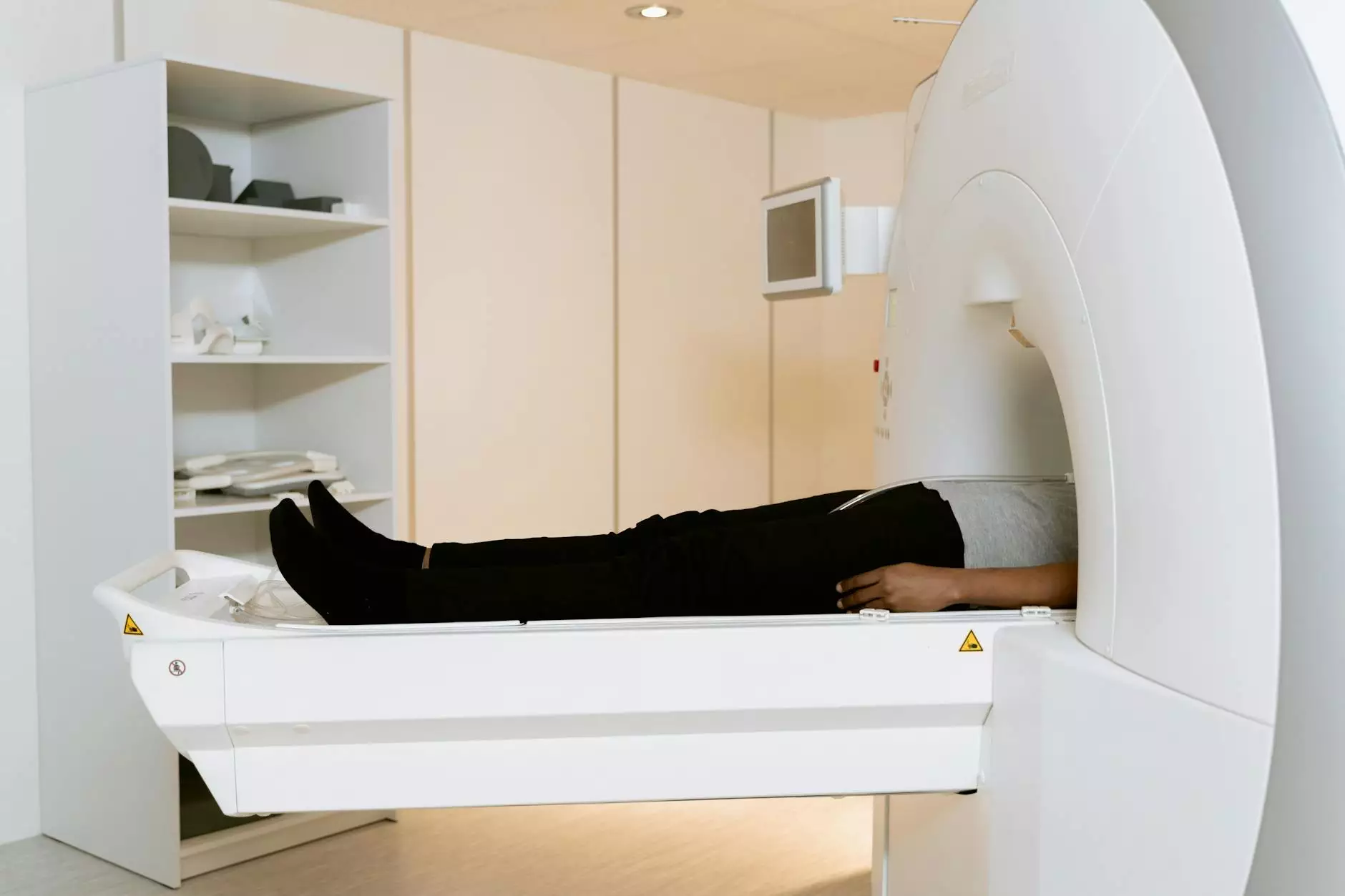Understanding MRI Servicing: Essential Insights for Healthcare Providers

MRI servicing is a critical component in ensuring the delivery of high-quality healthcare. As technology in medical imaging continues to advance, the importance of maintaining and servicing MRI machines cannot be overstated. In this detailed guide, we will explore the essentials of MRI servicing, the benefits it provides, and the best practices that healthcare providers should follow to ensure their imaging equipment remains reliable and efficient.
The Importance of MRI Servicing
Magnetic Resonance Imaging (MRI) is an invaluable tool in modern medicine, used for diagnosing a myriad of conditions. However, the effectiveness and accuracy of MRI scans heavily depend on the state of the equipment.
- Increased Downtime: Regular servicing helps minimize unexpected breakdowns, ensuring that the equipment is operational when needed.
- Enhanced Image Quality: Regular maintenance guarantees that the MRI machine produces high-resolution images, crucial for accurate diagnosis.
- Patient Safety: Servicing ensures the machine operates within safe parameters, protecting patients from potential hazards.
Key Components of MRI Maintenance
Maintaining an MRI machine involves various aspects that are crucial for its overall functionality. Here are some of the key components that should be regularly checked and serviced:
1. Hardware Inspections
The physical condition of the MRI machine should be regularly assessed. This includes inspecting the magnet, gradient coils, and RF coils for any signs of wear and tear.
2. Software Updates
Just as important as hardware is the software that runs MRI machines. Regular updates can improve functionality and enhance the user interface, making it easier for technicians to operate the system effectively.
3. Coil Calibration
Coil calibration is essential for maintaining image quality. Regular calibration ensures the coils function properly, enhancing image integrity and diagnostic accuracy.
4. Electrical System Checks
The MRI's electrical systems must be maintained to prevent power failures that could disrupt diagnostics and patient care. Checking power supplies and connections is vital.
Benefits of Regular MRI Servicing
Engaging in regular MRI servicing provides several benefits to healthcare providers and patients alike. These include:
- Cost Savings: Preventative maintenance can save money in the long run by avoiding costly repairs and prolonged downtimes.
- Consistent Performance: Regular servicing ensures that the MRI machine operates consistently, reducing variability in test results.
- Improved Patient Care: With dependable MRI machines, medical facilities can provide timely diagnoses, leading to more effective treatment plans.
Choosing the Right MRI Servicing Provider
Not all servicing providers are created equal. When selecting a company for MRI servicing, consider the following factors:
1. Experience and Expertise
Choose a provider with extensive experience in MRI servicing. Knowledge of various models and brands of MRI machines is essential for effective maintenance.
2. Certification and Compliance
Ensure that the servicing provider complies with industry regulations and holds necessary certifications. This guarantees that they adhere to safety standards and best practices.
3. Customer Reviews and Testimonials
Check for reviews from other healthcare providers who have used the services. Positive testimonials can provide insight into the reliability and quality of the service.
4. 24/7 Support Options
Given the critical nature of MRI services in medical institutions, select a provider that offers around-the-clock support to address any emergencies that may arise.
Implementing a Servicing Schedule
Establishing a consistent servicing schedule can greatly enhance the longevity and performance of your MRI machine. Here’s how you can implement one:
- Monthly Checks: Basic visual inspections of the MRI machine to look for any obvious issues.
- Quarterly Maintenance: Detailed assessments and servicing of hardware and software typically performed every three months.
- Annual Comprehensive Review: A thorough service that includes all aspects of the MRI machine, including major hardware checks and updates.
Challenges in MRI Servicing
Though routine MRI servicing is critical, several challenges may arise, including:
1. Cost of Servicing
The financial burden of regular maintenance can be a concern for some healthcare providers. However, it’s essential to view it as an investment rather than an expense.
2. Scheduling Issues
Finding time for servicing without interrupting patient care can be difficult. Proper planning and communication with the servicing provider can mitigate this issue.
3. Technology Upgrades
As technology advances, older machines may require more frequent servicing or may become obsolete. Knowing when to upgrade is crucial.
The Future of MRI Servicing
As the healthcare industry evolves, so does the technology surrounding MRI machines. Future developments in MRI servicing may include:
- Predictive Maintenance: Utilizing advanced analytics to predict when machines will require servicing based on usage patterns.
- Telehealth Integration: Incorporating remote servicing options to minimize downtime and enhance efficiency.
- Artificial Intelligence: Using AI to assist technicians in diagnostics during servicing to improve accuracy and speed.
Conclusion
In summary, MRI servicing is an indispensable aspect of modern healthcare, ensuring that diagnostic imaging remains accurate, reliable, and safe for patients. By prioritizing regular maintenance, choosing reputable service providers, and staying informed about advancements in technology, healthcare providers can significantly enhance the efficacy of their MRI services. With effective servicing strategies in place, institutions can provide superior care and ultimately improve patient outcomes. For more information on top-notch MRI servicing, visit echomagnetservices.com.



